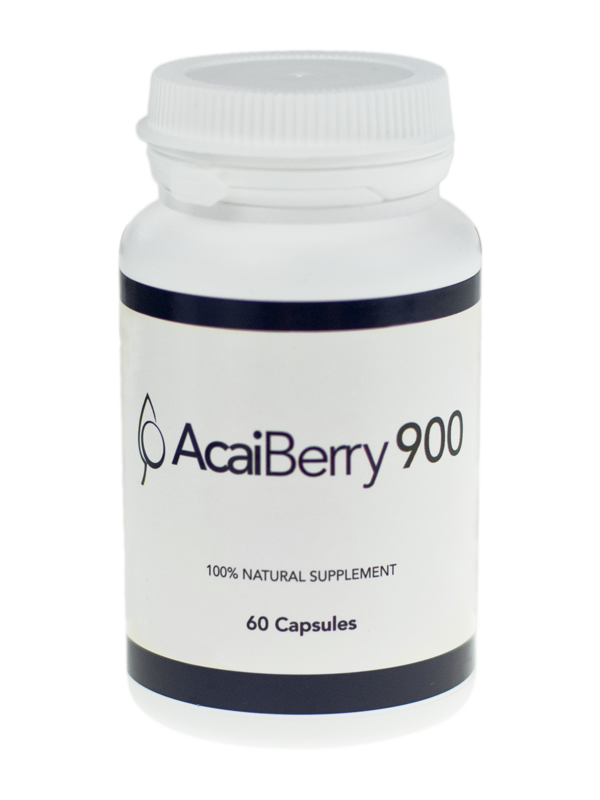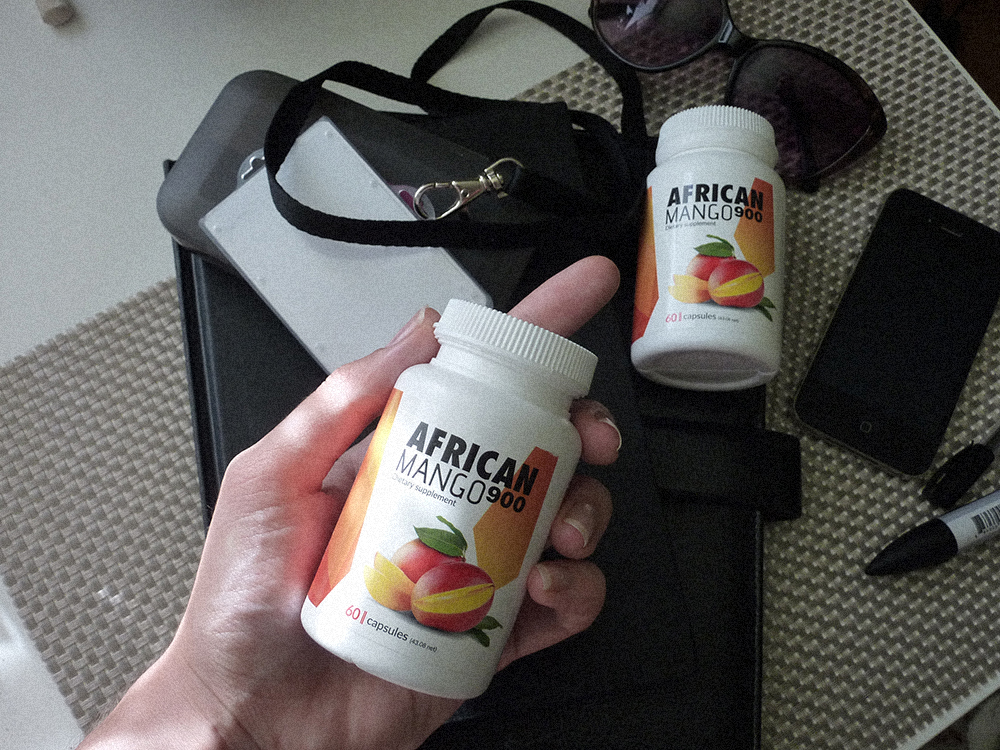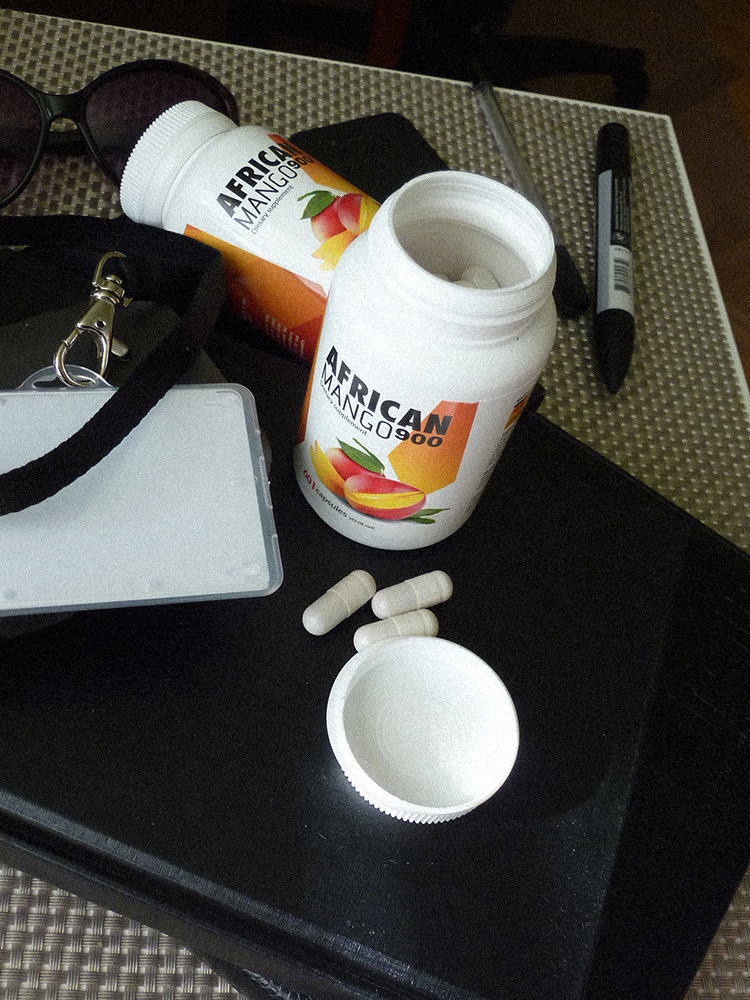Sharing a full blog post showcasing the differences between Organifi green juice and AG1 and how I use them in my routine.
Hi friends! How are ya? I hope you’re having a wonderful week. It’s been a good one over here, except for the fact that half of the family is sick with colds. I’m knocking on wood, eating whole cloves of garlic, and following my usual immune boost protocol (when family members are sick or I’ve been exposed). Some of the things I do are in this post – I need to update it!
I also have to give credit to a couple of things that I use in my routine that I think have helped keep my immune system strong: Organifi green juice and Athletic Greens (aka AG1). I use and love both of these, so I thought today I’d share some of the benefits of these amazing products, the differences, and compare them.
Organifi green juice vs. Athletic Greens (AG1)
Benefits of drinking a daily greens powder:
TBH, it can be really hard to get the nutrients we need from food alone. You have to be strategic about it, and this can be especially challenging if you’re juggling a lot of other things. A majority of us aren’t calculating our B2 needs throughout the day and if we’ve hit it, you know what I mean? A powder can help us fill in the gaps, especially with certain vitamins and minerals.
I LOVE greens powders like this because they often contain a mix of vitamins, minerals, superfoods, probiotics, and adaptogens, which can help our bodies to fight off damage from toxins and environmental exposure, improve immune health, restore gut function, and improve stress response.
The downside:
A majority of greens powders are disgusting. I’ve tried SO many, and a majority of them taste like you’re chewing on a tree. They’re bitter, earthy, chalky, and unpalatable. This can discourage so many people from adding green powder to their routine.
Here are two that I absolutely love! They source high-quality ingredients and put an extreme amount of care into creating these superfood powders.
They serve different purposes, they taste different, and you can choose which one you want to try, based on your goals and preferences. *As always, talk with a doctor before adding any new supplements to your routine. I’m not a doctor and this is not medical advice.

Organifi green juice features:
Organifi Green Juice is a blend of 11 superfoods, including chlorella, spirulina, and wheatgrass. It’s designed to help detoxify your body and boost your immune system, all while providing a burst of energy. This powder is perfect for busy women who need a quick and easy way to get their greens in on the go. Simply mix it with water and drink up!
Nutrients in Organifi:
Taste of Organifi green:
Sweet, a little minty with a hint of lemon. They also have a Crisp Apple flavor, which tastes like a real apple; not a Jolly Rancher. I like it, but prefer the original.

AG1 details:
AG1 is a superfood powder created by Athletic Greens. It contains 75 whole-food-sourced ingredients, including probiotics and digestive enzymes. This powder is designed to support gut health, aid digestion, and provide a natural energy boost. It’s perfect for women who want to optimize their overall health and wellness.
Ingredients in AG1:
Taste of AG1:
Not as sweet as Organifi Green, has more of a light pineapple flavor, and the texture is a little thicker (more like a vitamin/supplement drink than a juice). Use a frother to mix it up!

The main differences between AG1 and Organifi Green Juice:
So which one should you choose? It depends on your specific goals and needs. If you’re looking for a quick and easy way to get your daily dose of greens and boost your energy levels, Organifi Green Juice is a great choice. On the other hand, if you’re looking for a comprehensive superfood powder that supports gut health and overall wellness, AG1 is the way to go.
Both Organifi Green Juice and AG1 are great options for women who want to prioritize their health and fitness. They’re easy to incorporate into your daily routine and can provide a host of benefits. I love the taste of both of them and have noticed a positive difference in my energy levels since I added them to my routine.
How To Use Organifi Green Juice
I only take AG1 every 3-4 days or so. This is because it has SO MANY vitamins and nutrients and some I think would be a little too excessive to take every day. (It’s worth mentioning here that I did take it every day for about a month when I was first trying it out, and I felt AMAZING. I just don’t think it would be a good idea for me to do it for the very long term.) The thing with vitamins and supplements is that you need to phase them in order to feel the effects. It can also help to “teach” your body what it needs without depending on the supplement forever. Some supplements will lose their effectiveness over time. (I learned this the hard way lol. If you’re curious about more details, check out the book Dirty Genes; he does an excellent job of explaining this.)
On the other days, I take Organifi Green. This way, I’m rotating the nutrients a bit.
I drink both of these mixed into water, on an empty stomach, about 30 minutes before breakfast.
Does Athletic Greens Have Caffeine?
So, is there caffeine in Athletic Greens? The answer is yes, but don’t sweat it just yet!
Athletic Greens contain a small amount of natural caffeine from matcha green tea, which is used to enhance energy and focus without the jittery feeling that can come from synthetic sources of caffeine. This means that you can still enjoy the many benefits of Athletic Greens, such as being a great source of vitamins sourced from organic ingredients and containing 7.2 billion probiotics, without worrying about overdoing it on the caffeine. Plus, it’s important to note that Athletic Greens also contain other ingredients such as coconut water and monk fruit, which can provide natural sources of energy and sweetness without caffeine. So don’t worry, you can still get your green superfood powder fix without having to sacrifice your caffeine preferences.
In comparison to Organifi Green Juice, Athletic Greens offer similar benefits with the added bonus of being made in a GMP-certified facility and having FDA approval. Additionally, Athletic Greens have a unique taste that many users prefer over the typical “green” Organifi taste. So there you have it- a little bit of caffeine from matcha green tea in Athletic Greens shouldn’t be a worry for you.
I have special links for ya for both of these if you decide to try out one or the other!
Use this link and the code FITNESSISTA for 20% off of Organifi products. (I also love the Red Juice, Harmony, and Immunity)
Use this link to get 5 free travel packs of AG1 and a year’s supply of Vitamin D3/K2.
Have you tried either of these? What are your thoughts??
xo
Gina
The post Organifi green juice vs. Athletic Greens (AG1) appeared first on The Fitnessista.
Frequently Asked Questions
What are some effective appetite suppressants for weight loss?
Some of the most popular appetite suppressants include:
- Bitter Melon – A native fruit of India and China, bitter melons have been proven to reduce appetite and promote healthy digestion.
- Green Tea: One of the most beloved beverages around, green tea has been shown in studies to boost metabolism and reduce blood pressure.
- Ginseng – A herb that is found in Asia and Europe. Ginseng can be used to improve mental clarity and overall health.
- Ginkgo Biloba, a tree from Japan, has been shown to prevent memory loss and improve circulation.
There are many other appetite suppressants. There are many other appetite suppressants available. Why not take a look today? It will be amazing how quickly you lose weight!
Are daily green leafy vegetables worth it?
The answer will vary depending on what you mean with "worth." But, cost-effectiveness is a different question.
If you're looking at the long-term costs (e.g., will they save me money over the next 10 years), there isn't any evidence suggesting that eating them regularly is beneficial.
But if you consider the short-term cost (e. Do I get a better waistline? If so, then I would say it is worthwhile.
This question, I believe, is fascinating because it touches upon two important aspects about nutrition - cost-effectiveness as well as health benefits. There is strong evidence to suggest that regular intake of fruits and veggies reduces the chance of developing certain types of cancer. On the other hand, the evidence for cost-effectiveness is less conclusive.
You can't decide whether healthy food is worth the effort if you consider both. This is the Health Economic Assessment. It is the process of assessing the expected health outcomes for different food types, and the associated costs to purchase these foods.
Which natural product can help you lose weight the most?
The most effective way to lose weight is by eating less food while exercising regularly. But, exercising alone will not help you reach your goal. This is because food is necessary for our bodies to function correctly. It's possible to gain weight if you eat too much food. Eating enough food can also lead to weight loss.
When selecting the best foods to help you lose weight, it is essential that you select foods with high nutritional value and low calories. These include fruits, vegetables, whole grains, lean meats, fish, nuts, and seeds.
What is an African mango?
British explorers discovered the fruit during an expedition into Africa. It has been grown for centuries throughout South America. However, due to climate change as well as deforestation, its current production is in decline.
The African Mango Project attempts to reverse this decline by developing sustainable ways of growing East African mangoes.
They are also working toward creating local jobs, and improving the livelihoods in communities around plantations.
Their goal is to produce the first commercial crop in five years.
Statistics
- Nature's Health Goji Berry – Lycium Berries – Maintain Vision Health – Jam-Packed with Vitamins A & C – 580 mg per Serving – 60 Veggie Capsules – Non-GMO Emerald Labs Goji Berry - 40% Polysaccharides - 60 Vegetable Capsules (amazon.com)
- A 2003 meta-analysis of studies found that people taking orlistat for 12 months in combination with lifestyle changes saw a 2.9% greater weight reduction than the placebo group (26Trusted Source (healthline.com)
- In a total of 54 randomized controlled trials in healthy adults with overweight or obesity, the authors found no difference in weight or body fat percentage between the Garcinia Cambogia group and the placebo group (3Trusted Source (healthline.com)
- According to another review from 2012, CLA may make you lose about 1.5 pounds (0.7 kg) compared with a placebo. (healthline.com)
- On average, they experienced 28 pounds (12.8 kg) of weight loss, a 6.4-inch (16.2-cm) reduction in waist circumference, and a 6.3% dip in body fat (5Trusted Source (healthline.com)
External Links
cdc.gov
ncbi.nlm.nih.gov
- IGOB131, a novel seed extract of the West African plant Irvingia gabonensis, significantly reduces body weight and improves metabolic parameters in overweight humans in a randomized, double-blind placebo-controlled investigation - PMC
- A case of renal disease that developed in association with African mango intake - PMC
ods.od.nih.gov
- Ephedra: Office of Dietary supplements
- Health Professional Fact Sheet: Dietary Supplements for Weight Loss
healthline.com
How To
African Mango: Side Effects and Benefits, Dosage, Interactions, and Dosage
African mango is a tropical fruit that is native to Africa, Asia and Australia. It is sometimes called "Mangosteen", Gobba" in Malaysia, "Guava" in India, and "Brambleberry". The official name is Mangifera indica L., the king of fruits. The common names of Mangifera indica L. include "mango", Indian Gooseberry", "papaya", Custard Apple, and "jackfruit". Although it tastes similar to kiwi, its taste is slightly sweeter. It has been used for medicine and food since ancient times.
The leaves are used medicinally to treat symptoms such as diarrhea, fever and sore throat. They can also be used to treat skin conditions, eye infections, and problems like asthma. Other uses include making dye and soap.
Benefits:
African mango benefits:
- Antibacterial properties
- Anti-inflammatory properties
- Aids digestion
- Preventing cancer
- The body will have a lower level of cholesterol
Side effects:
There may be side effects from eating African mango. These include stomach pains, nausea, vomiting and diarrhea.
Dosage:
A single serving of African mangoes is between 10g to 30g. You can eat two portions per day.
Interactions:
Before you eat African mango, take care to consult your doctor. Mangoes may also cause allergic reactions in some people.
Did you miss our previous article...
https://slimbody.pw/just-how-to-make-sprouts-in-the-house/
https://slimbody.pw/organifi-green-juice-vs-athletic-greens-ag1/

No comments:
Post a Comment